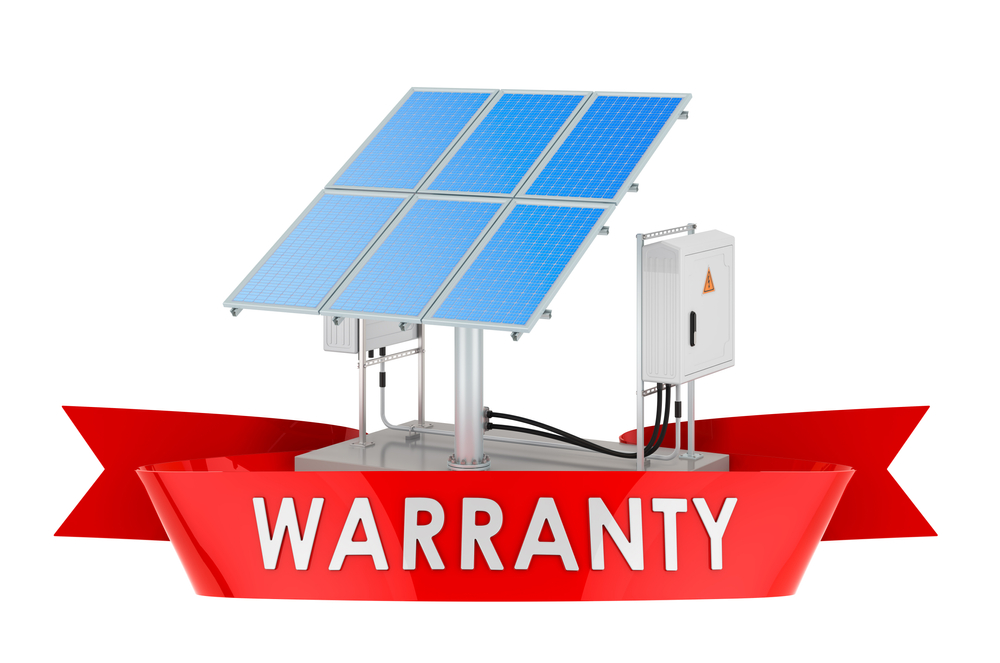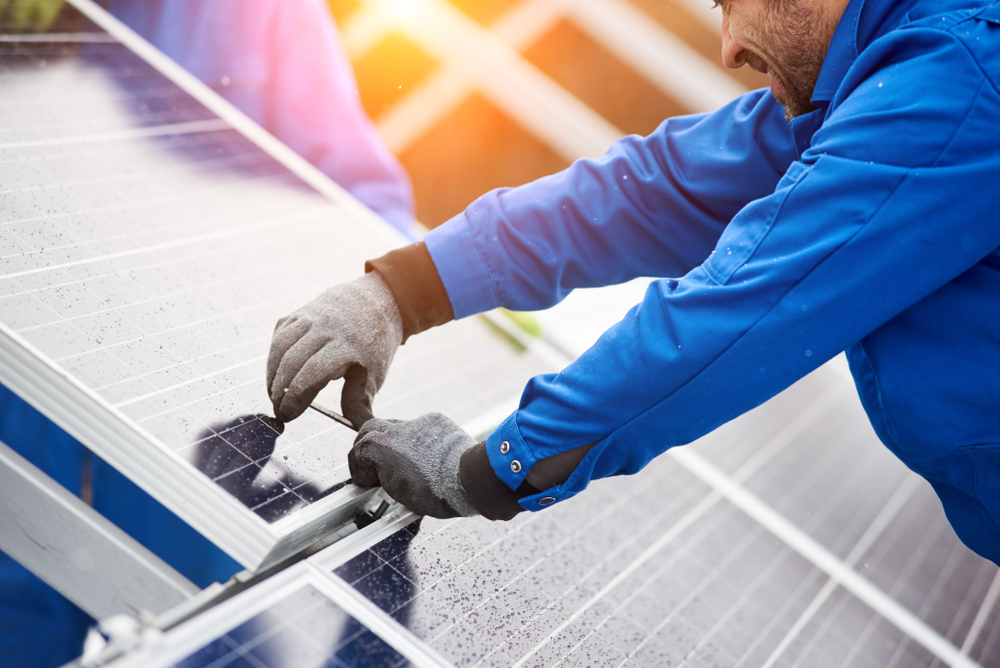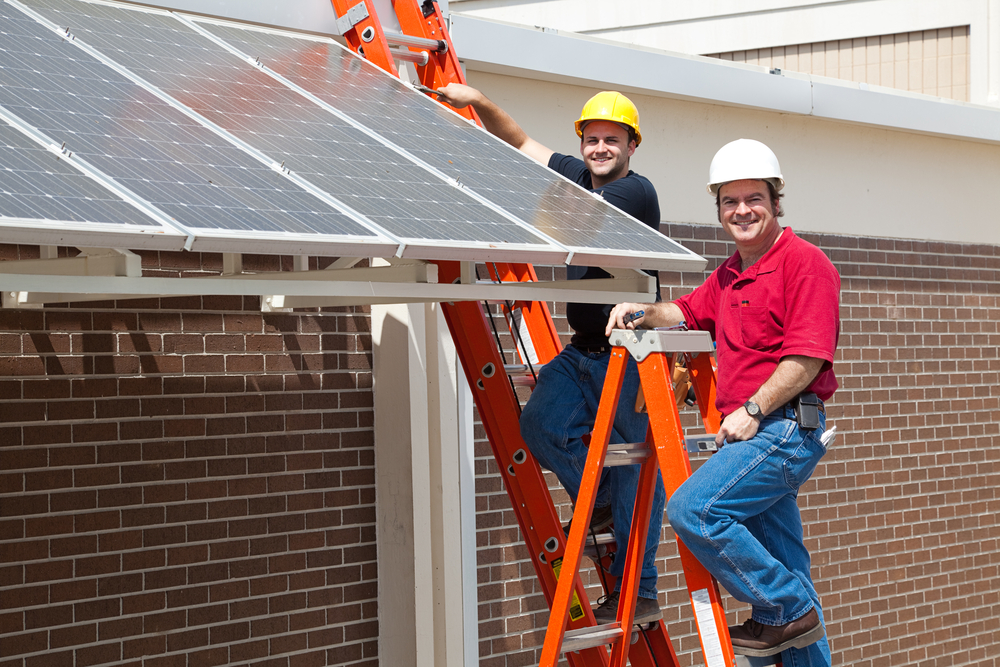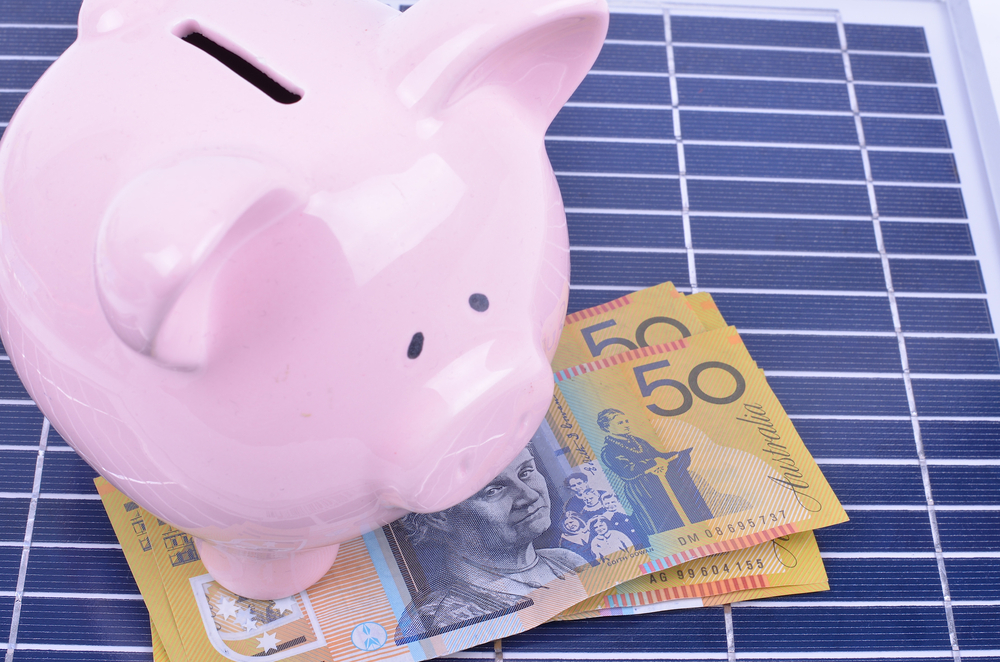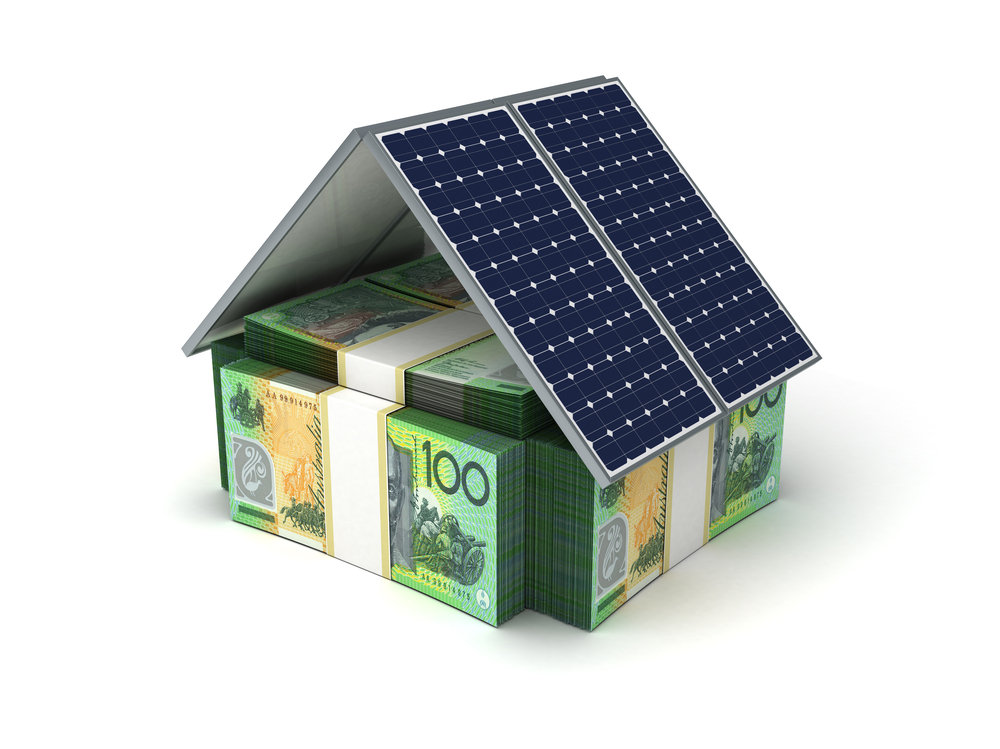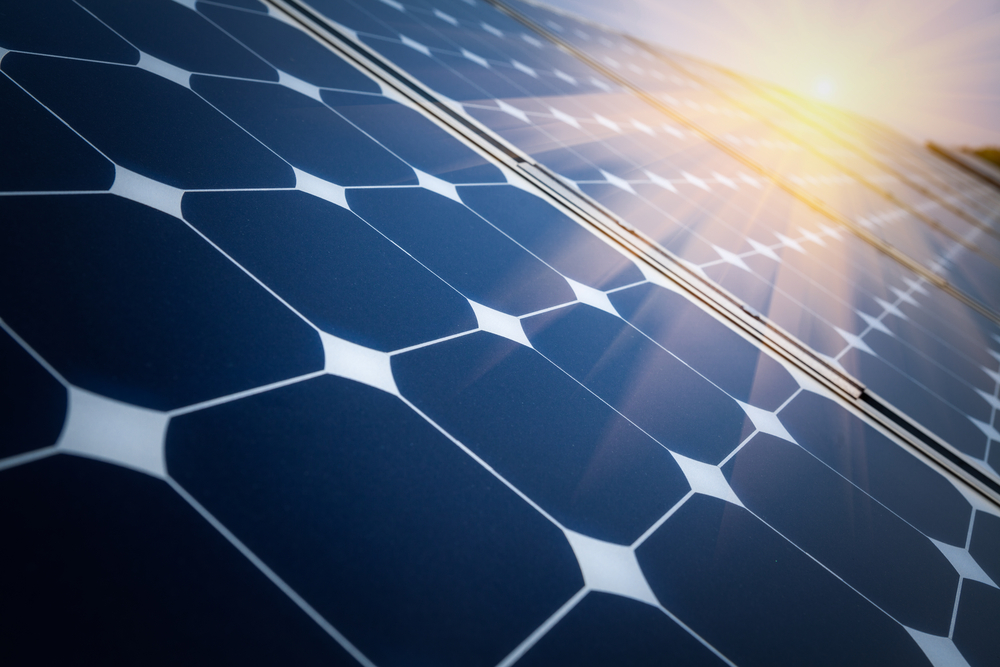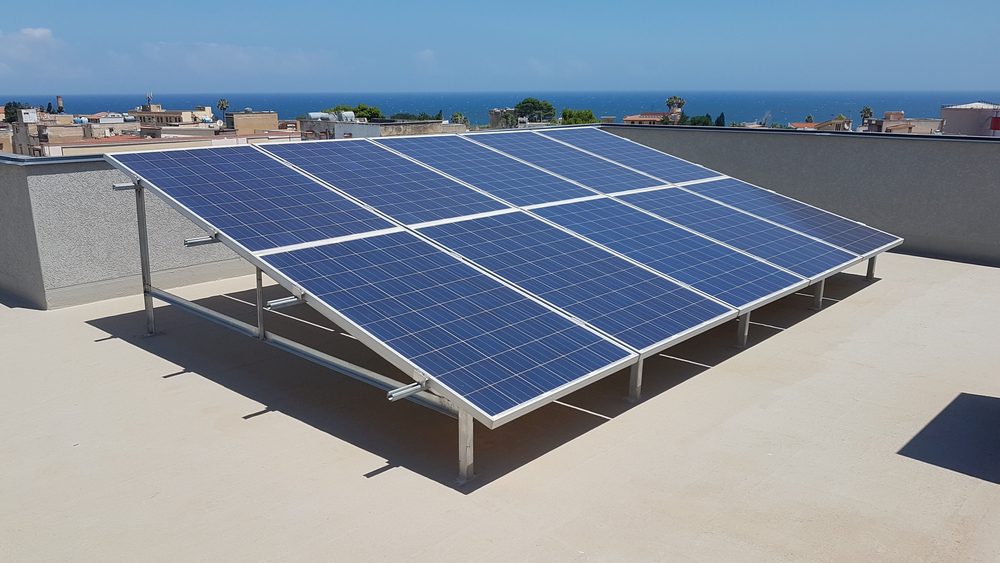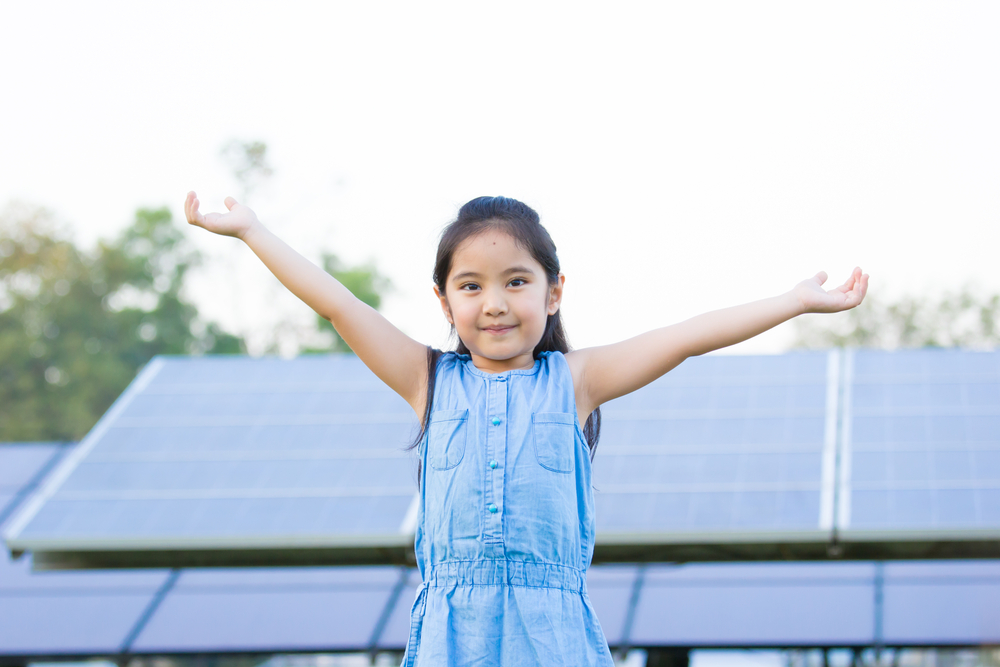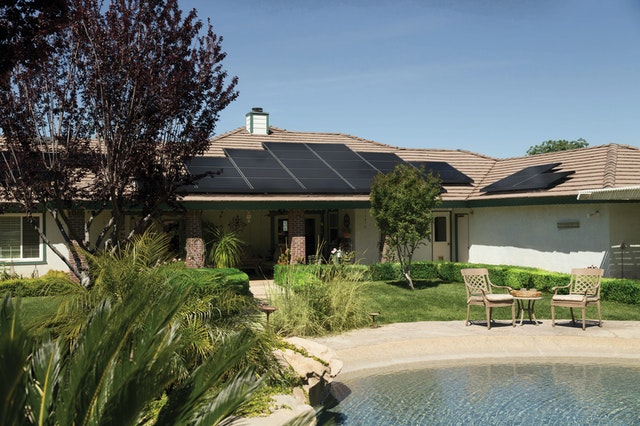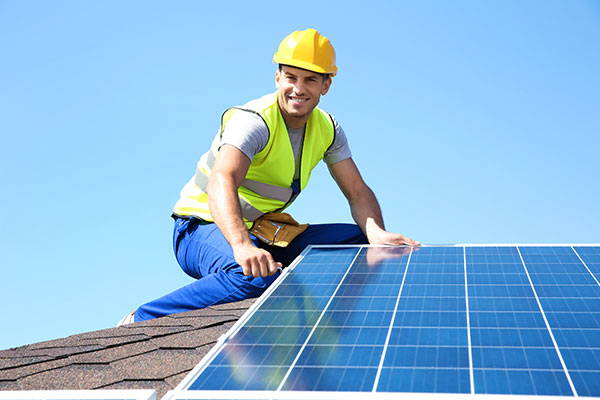What Happens To Solar Power When Batteries Are Full?
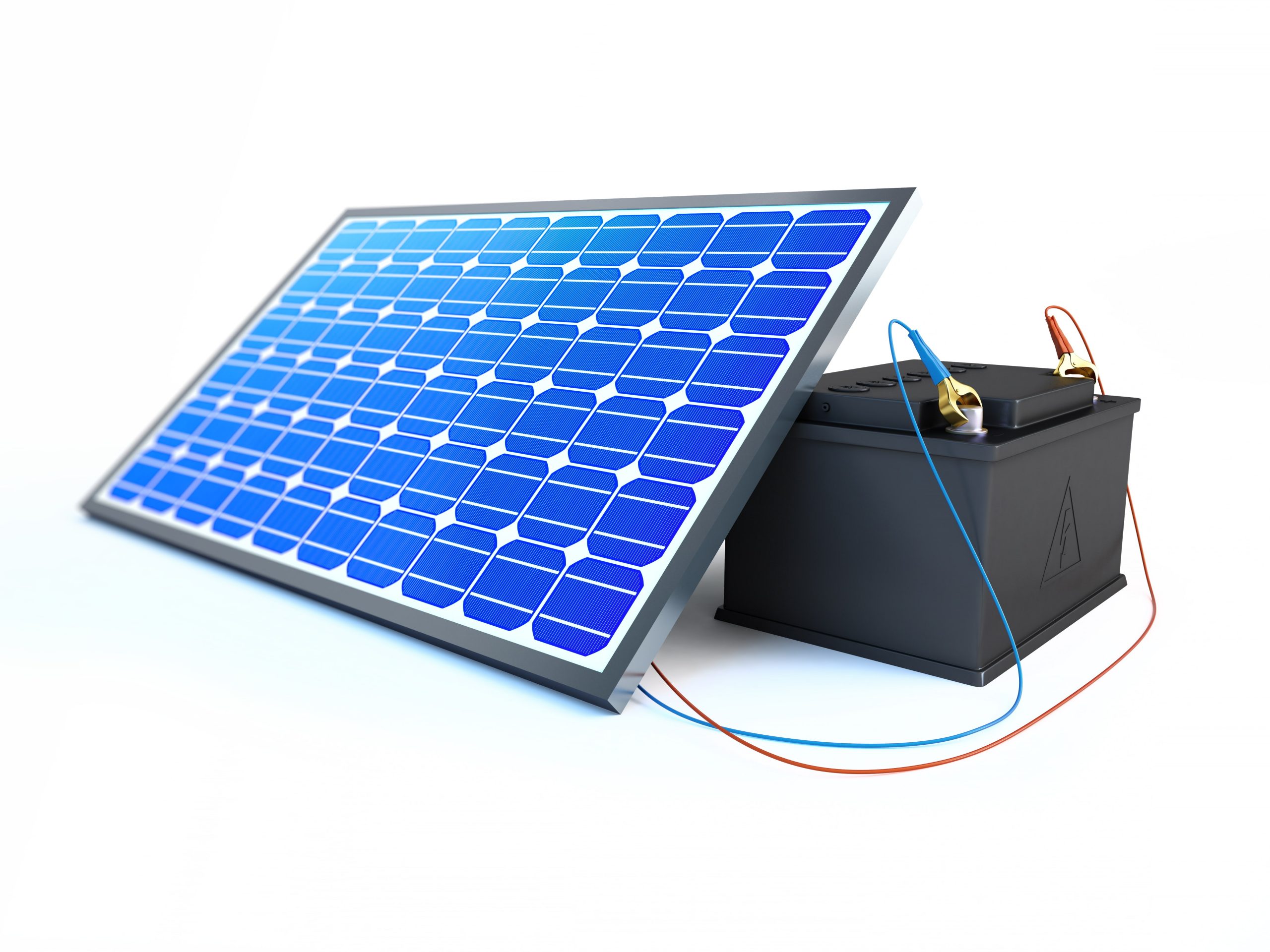
You have invested in rooftop solar panels and are happy with your system’s performance. It is generating the expected amount of solar electricity. It meets your electricity needs even when there is a grid failure because you had the foresight to invest in solar batteries. However, you have planned a holiday and are wondering what’s going to happen to all the solar electricity produced when nobody is at home.
What Happens to Solar Power When Batteries Are Full?
Before diving into the details, let’s first understand how a typical solar power installation works. Solar panels convert sunlight into electricity. This electricity is produced in the form of direct current which is converted into alternating current by the connected solar inverter. This AC power is then supplied to all the appliances connected to the home circuit.
When you have a solar battery, the batteries are also trickle-charged. This battery charging is done by a device known as a charge controller.
If you are connected to the grid, the excess power is directed to the grid once the battery is fully charged. In Australia, most energy retailers offer feed-in tariffs which mean you get paid for any electricity you export to the grid. The rates of feed-in tariff vary from one electricity retailer to another.
The feed-in tariff applies only to grid-connected systems. If you are completely off-grid and your battery bank becomes full, the battery system will stop absorbing power as overcharging can harm the battery. The solar panels will keep working and generating voltage but that voltage is not going to be used in any way or stored anywhere unless you use an appliance or there is battery space to store that excess energy.
Are Your Solar Batteries Becoming Full Regularly?
If you have a smart meter, this allows you to keep track of solar electricity production in real-time. It also provides information on battery levels.
If your batteries are reaching capacity on a regular basis and your system is still generating solar electricity, this means that you have excess solar capacity installed. If you are connected to the grid, the excess electricity can be exported to earn feed-in tariff but the rate of the feed-in tariff is usually only a fraction of the retail electricity price you pay when you take power from the grid.
Many homeowners choose to install excess solar power capacity taking into account their future electricity needs. However, if you do not see any use for the excess electricity your solar power system is generating, you should consider doing some refinements to your system. In an ideal situation, your system should generate enough power to meet your regular needs and to charge the battery for a rainy day.
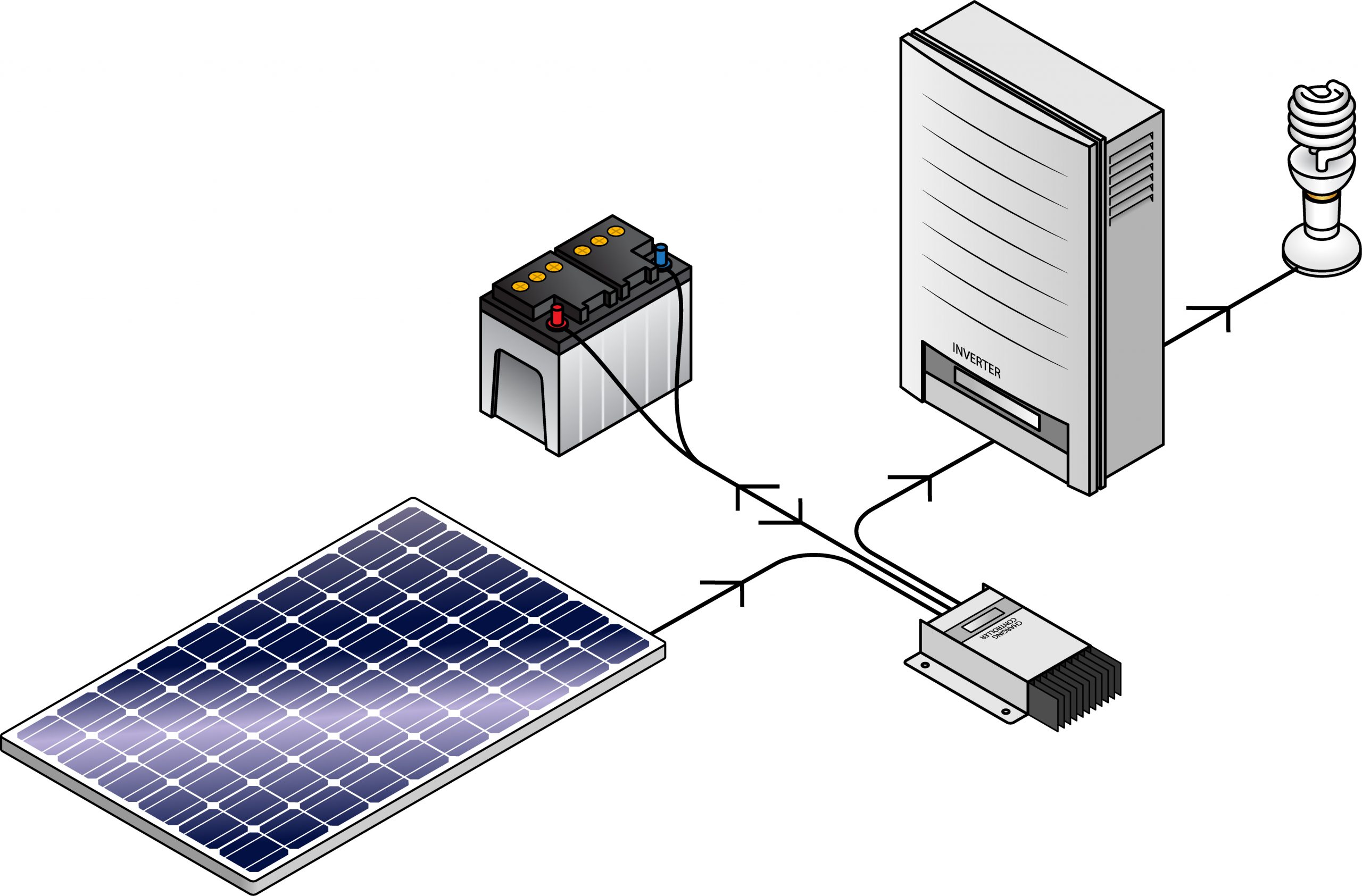
If the solar battery is becoming full regularly, you should consider the following possibilities:
Excessive Number of Solar Panels
If you have gotten a sweet deal on solar panels and installed a lot more than you need, there is no point in keeping all those panels if you are not going to use all the solar electricity generated. There is actually an active market for used solar equipment. You may consider selling off excess panels to ensure that solar electricity generation is in line with your requirements.
Enhanced Battery Capacity
You may also consider adding to the existing battery capacity. This is especially an option when you haven’t got a big enough battery to fulfil your requirements. If you notice that your solar battery is constantly going from full to empty, and vice versa, it is time to add more capacity. Keep in mind that every time you discharge the battery completely, you are taking away from its expected service life.
Even though the latest lithium-ion batteries are capable of 10,000 to 15,000 discharge cycles without losing charging capability, you should avoid complete discharge of the battery to maintain its service life. Adding to the existing battery capacity will allow you to keep a bigger buffer and enhance the service life of the existing battery.
Here at GCR Electrical Systems, we have designed and installed hundreds of solar power systems that are running successfully. Our CEC accredited and licensed installers have the necessary training and experience to design and install a rooftop solar PV power system that perfectly matches your needs.
If you are looking for a trusted local solar company in Hervey Bay, please contact us today at GCR Electrical Systems on (07) 4120 7004 or leave an enquiry if you would like more information about our solar installation services.

